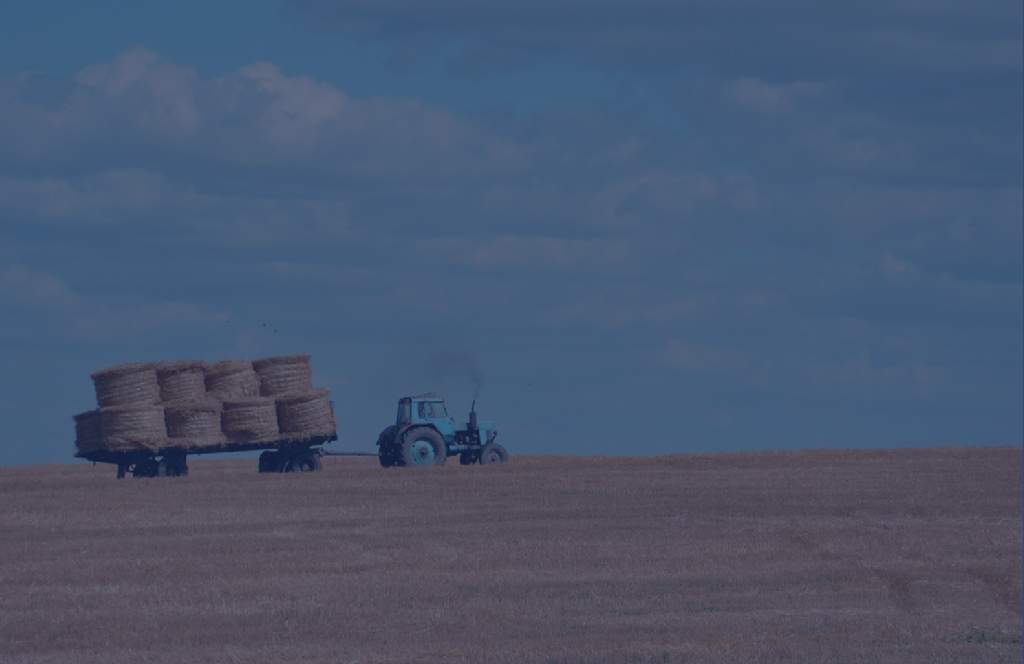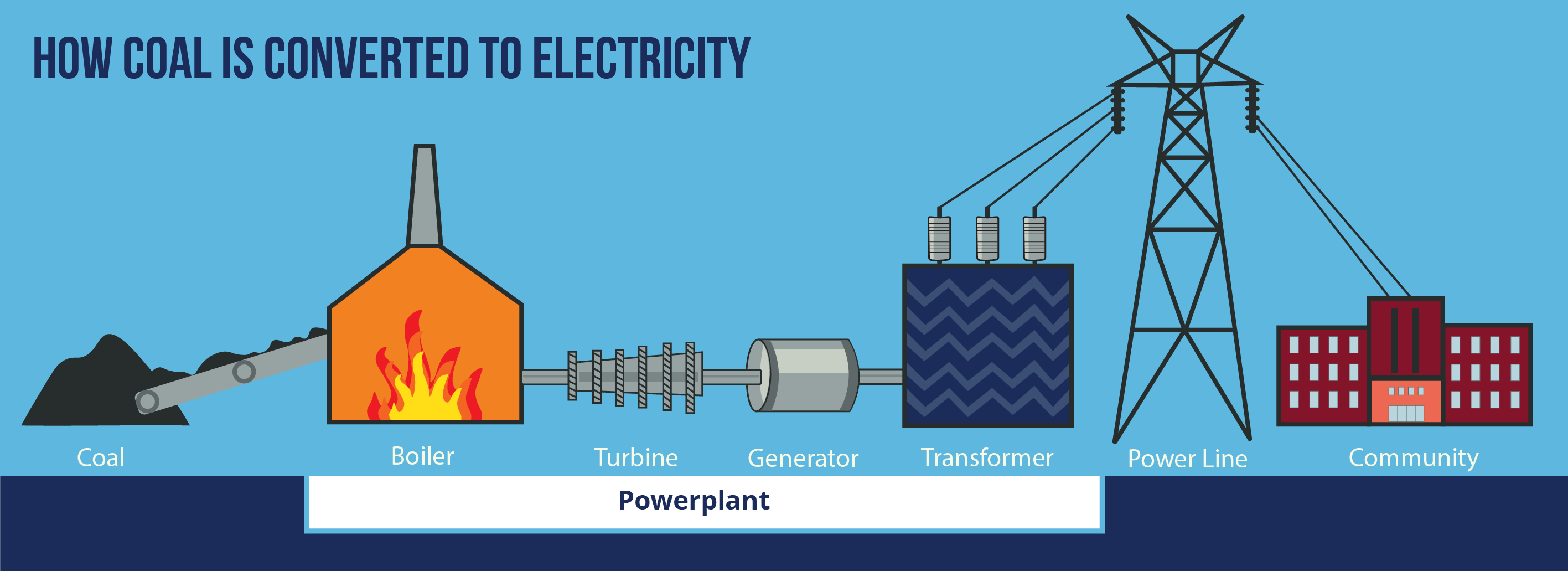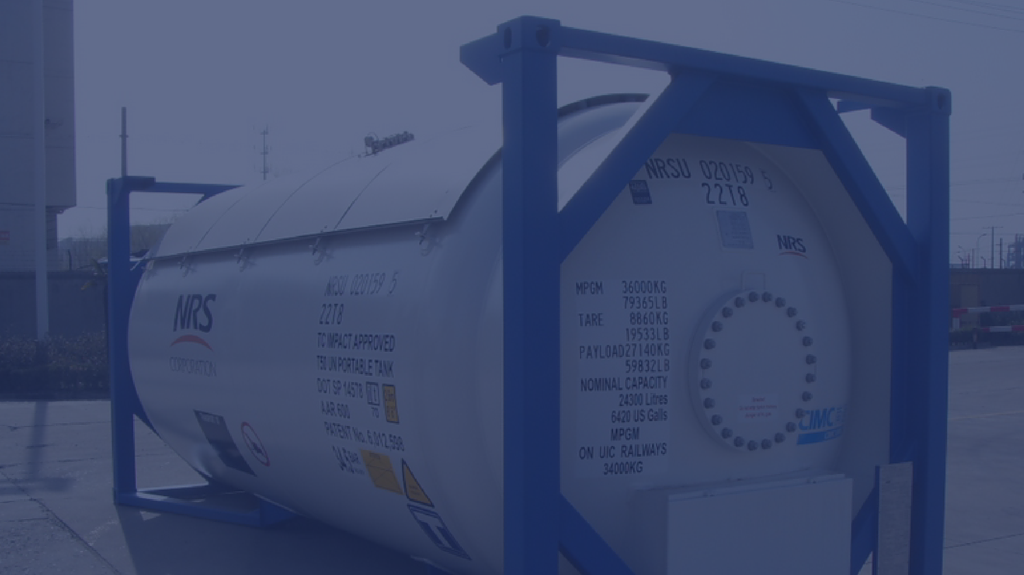
IOWA RANKS 24TH IN THE UNITED STATES IN PRODUCING RISING GHG EMISSIONS


Enter your text here
Enter your text here
AGRICULTURE

In Iowa, 27 percent of greenhouse gas
emissions come from agriculture--mostly
the production of corn, soybeans and
livestock, but also ethanol.
Diesel farm equipment releases carbon dioxide
during tilling, planting, fertilizing, and harvesting.
Many agricultural animals, especially beef cattle,
release methane and nitrous oxide as they digest their food. Most Iowa farmers also store manure in large scale storage lagoons, which release abundant levels of methane and nitrous oxide.
Cattle release more GHG when
they eat corn
instead of their
natural food
source, grass.
In fact, nitrous oxide is the most dangerous
contributor to rising GHG emissions, and the biggest source of nitrous oxide emissions is synthetic fertilizers. We use synthetic fertilizer to nourish our crops and manage our soil, and since a full 80 percent of fertilizer is made from nitrogen gases, nitrous oxide is released when fertilizer is created and when it is worked into Iowa’s soils.
Manure lagoons
create even more methane by
preventing oxygen from entering the
decomposition
process.
Nitrous oxide is also created naturally by soil, especially when the soil has no plant cover before and after harvest seasons.

"The impact of 1 pound of N20 on warming the atmosphere is almost 300 times that of 1 pound of carbon dioxide." (EPA)
"Nitrous oxide molecules stay in the atmosphere for an average of 114 years before being removed by a sink or destroyed through chemical reactions." (EPA)
VAST AMOUNTS OF CARBON DIOXIDE EMISSIONS IN THE AGRICULTURAL SECTOR ARE CREATED BY
ETHANOL PLANTS, FERTILIZER PLANTS, AND THE SHIPPING OF FOOD FROM FIELD TO MARKET.
ELECTRICITY PRODUCTION

ELECTRICITY PRODUCTION ACCOUNTS FOR 25 PERCENT OF IOWA'S FOSSIL FUEL EMISSIONS
To get the electricity for our daily household and industrial needs, we burn
coal and natural gas, releasing carbon dioxide and methane gases in the
process.
In the U.S., coal power plants spew 2 billion tons of carbon dioxide into the
atmosphere each year. In Iowa, 60 percent of our electricity is generated
by coal, our #1 energy source.
Here in Iowa, we have 72 coal plants.

RESIDENTIAL + COMMERCIAL + INDUSTRIAL (RCI)

THE RESIDENTIAL, COMMERCIAL AND INDUSTRIAL SECTOR CREATES 25 PERCENT OF IOWA'S GREENHOUSE GASSES, MOSTLY IN THE FORM OF METHANE.
The main fuel used here is natural gas, but coal, petroleum, and wood are
also involved. We import natural gas to power much of our daily amenities
such as water heating, cooking, heating, and cooling.
As we transport natural gas through pipelines, store it in wells, and burn it,
methane gas leaks at every point in the process.

Methane is an extremely potent gas. It has a warming potential that is 86 times greater than that of carbon dioxide.

TRANSPORTATION IS RESPONSIBLE FOR ABOUT 17% OF IOWA'S GREENHOUSE GAS EMISSIONS DUE TO EXHAUST GIVEN OFF BY VEHICLES
In general, Iowa communities lack walkability,
which leads to more cars and frequent driving.
Iowa’s highways are filled every day with
single-occupant cars and semi-trucks carrying
goods both into, out of, and around the state.
These vehicles consume large amounts of fuel,
which lead to emissions in the form of carbon
dioxide. We also transport commercial goods by
barge and freight trains across Iowa, emitting
more C02.
And then there’s the highway construction
industry. Through the production of asphalt and
concrete, highway construction leads to high
levels of C02 emissions, both through the
chemical process and also from burning the fuel
to create the man-made material.
KEY TRANSPORTATION CHANNELS:
NON-HIGHWAY VEHICLES
TRANSPORTATION W/O
MOTOR VEHICLES
HIGHWAY VEHICLES
Includes cars, motorcycles, recreational vehicles, buses, semis
Includes ATV's, boats, jet skis, scooters, dune buggies, dirt bikes, golf carts, farm equipment
Includes trains, airplanes, helicopters

"WATER AND AIR, THE TWO ESSENTIAL FLUIDS ON WHICH ALL LIFE DEPENDS, HAVE BECOME GLOBAL GARBAGE CANS."
- JACQUES-YVES COUSTEAU







